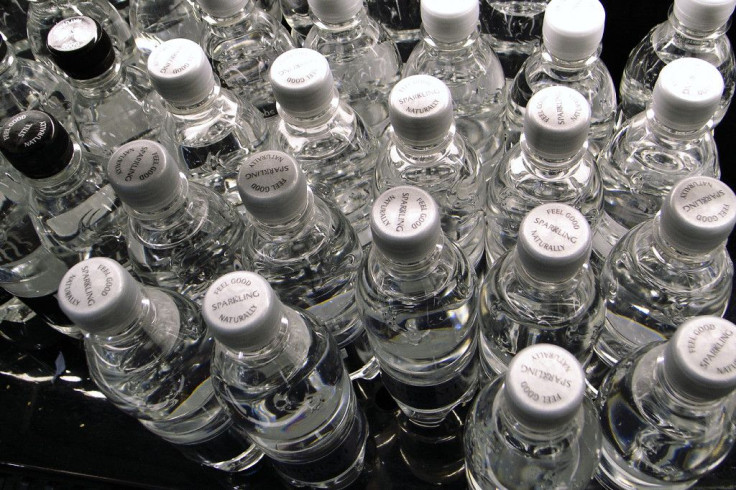Impure Bottled Water: Why It's Not Just H2O

Ever looked at the ingredients on a bottle of water? Why would you when it’s just hydrogen and oxygen, right? Wrong. A large number of bottled-water companies that market their products as “purified” and “natural” are actually adding several other chemicals to achieve that “pure” and “natural” taste.
If you look a little closer at those nutrition labels, you’ll see the following:
• Dasani contains magnesium sulfate, potassium chloride and salt.
• Smartwater contains calcium chloride, magnesium chloride and potassium bicarbonate.
• Nestle Pure Life contains calcium chloride, magnesium sulfate and sodium bicarbonate.
According to Robert L. Mahler, a professor of soil science and water quality at the University of Idaho, these chemicals are used to enhance flavor because pure water “doesn’t have any taste.” He noted that taste tests have shown people on the whole preferred chemically enhanced soft water to distilled water because the minerals gave it a “sweeter taste.”
Although tap water is monitored by the Environmental Protection Agency, or EPA, bottled water is regulated by the Food and Drug Administration, or FDA, meaning it is classified as a “food.” And, interestingly, the EPA guidelines for tap water are actually stricter than the FDA regulations for bottled water.
However, “none of this should be cause for health concerns,” said Marion Nestle, a professor of nutrition, food studies and public health at New York University. In her book “What To Eat,” she wrote that the extra minerals give the water a “slightly salty or bitter flavor,” but that the quantities are usually too small to be harmful.
Nestle added that most of the ingredients companies add to bottled water are also found in tap water and that some of them are naturally in our daily diets.
It’s when nutritional labels begin showing calories that you know sugar has been added, which, on the whole, is best avoided.
© Copyright IBTimes 2025. All rights reserved.





















